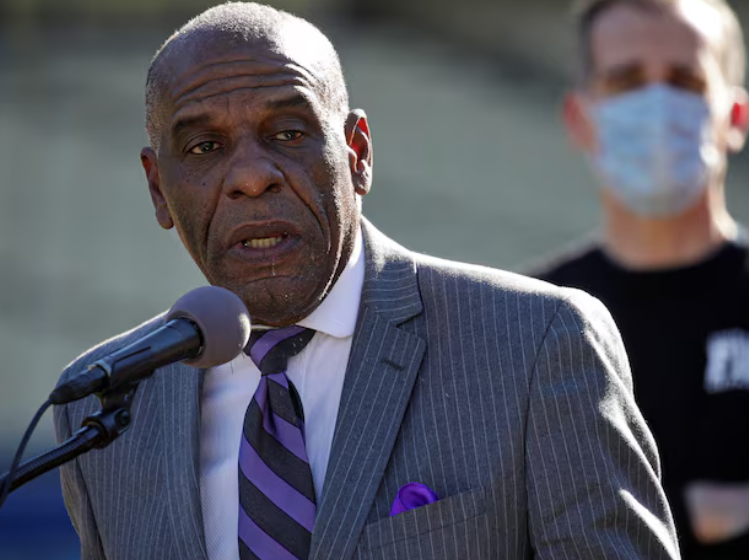In the final days of their legislative session, California lawmakers passed only one part of a three-bill package aimed at addressing reparations for slavery and racism, while the other two bills were shelved amid reports of concerns from Governor Gavin Newsom.
Late Saturday, the last day of the State Assembly session, demonstrators gathered in support of the measures proposed by Senator Steven Bradford. However, the bills were moved to the inactive file before the session ended.
Earlier in the week, lawmakers passed a bill on land restitution, which is part of the package, with a 56-0 vote. The future of this measure remains uncertain without the passage of the other two bills—one aimed at creating a fund for reparations and the other at establishing an agency to determine eligibility and manage the reparations process.
According to the Sacramento Bee, sources indicated that Governor Newsom’s administration suggested dropping the proposed implementing agency and instead allocating $6 million for university researchers to study reparations and recommend eligibility criteria. Senator Bradford, a Democrat, expressed frustration, telling Reuters that these changes would have “removed the substance of what we were trying to do.” He also mentioned that the administration had raised “fiscal concerns.”
Governor Newsom, who has generally supported reparations legislation, had previously set aside $12 million for reparations initiatives in July. A recent government analysis estimated that the cost of the agency proposed by Bradford would be between $3 million and $5 million.
Newsom’s office did not comment on the matter.
The agency proposed by Bradford would have been responsible for implementing recommendations from the California Reparations Task Force, which spent two years studying the state’s history of slavery, racial violence, political disenfranchisement, and racially exclusionary legislation. The task force reported that between 500 and 1,500 enslaved African Americans lived in California during the Gold Rush era, despite slavery being illegal in the state.
“Everyone assumed the bills were going to be brought to vote,” Kamilah Moore, a lawyer and former chair of the task force, told Reuters. “Internal divisions got in the way.”
Although the three-bill reparations package did not fully pass, the legislature approved eight other bills from a separate reparations package presented by the Black Caucus. These bills included measures to combat discrimination against natural hairstyles and to require grocery stores in underserved communities to notify the state if they plan to close.
Governor Newsom has until the end of the month to sign the bills into law.

